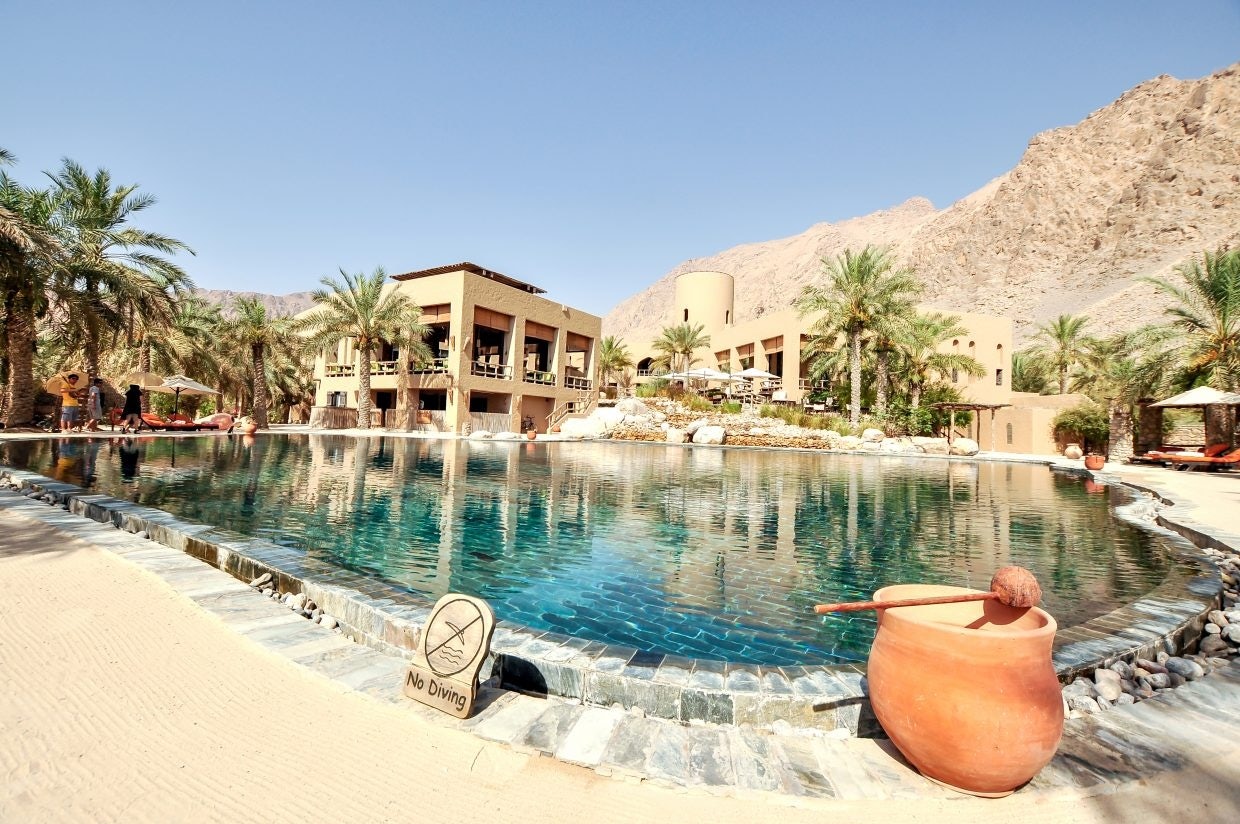Editor’s note#
: Though China is hardly admired for its clean, green environment, high income Chinese tourists are willing to pay more for eco-friendly experiences. This story was first published on Jing Travel.
Chinese travelers are going abroad in record numbers—130 million international trips in 2017 according to Ctrip and the Chinese Tourism Academy, resulting in an unprecedented impact on the environment. From planes to plastic bottles, travel has an incredible effect on our ecosystem.
Thankfully, environmentally conscious hospitality and tourism companies are reorganizing their operations to offer luxury vacations that don’t harm the fragile and pristine environments where they’re located. But is environmental sustainability even of concern to Chinese travelers? Are operators that prioritize their ecotourism initiatives being rewarded with increased business from the growing market?
From what we’re hearing, the answer is, “Yes.”
That said, most of the available experiences are still very much luxury-oriented.
Six Senses Hotels Resorts Spas is a small collection of luxury hotels that integrate local culture and prioritize eco-friendly builds and operations in stunning outdoor landscapes. Their headquarters regularly track the environmental performance of each property, and their reputation for sustainability amidst luxury has distinguished them within the luxury sector.
“Chinese travelers are becoming more and more aware of environmental issues and the need to incorporate responsibility into their everyday lifestyle—even on holidays. The Chinese market has been very quick to embrace and participate in environmental sustainability,” explains Six Senses President Bernhard Bohnenberger who believes that Chinese luxury travelers are aligned with the brand’s philosophy.
“The Chinese market is also aware that it was Six Senses that created the responsible tourism niche in 1996 and is the brand that continues to create the benchmark for the hospitality sector.”
Six Senses’ commitment to green operations is also opening new opportunities.
“As Six Senses becomes more known in the Chinese market, we are receiving interest and development inquiries from Chinese owners who are aware that the Six Senses brands have a high value for awareness of a responsible approach to hospitality.”
Six Senses Qing Cheng Mountain opened in 2016 with eco-friendly elements such as purified drinking water served in reusable glass bottles, Tesla cars for airport pickups, and a large organic garden that services its on-site farm-to-table restaurant. The opportunities for families to experience agriculture firsthand, as well as access clean air, are big draws for many of the resort’s wealthy clientele.
Similarly, luxury eco-resort Gili Lankanfushi in the Maldives is experiencing growth from the Greater China market in 2018. Gili Lankanfushi is also committed to green operations.
“We are seeing that guests from Hong Kong feel a greater connection to their eco-credentials and sustainable ethos than guests from mainland China, as reflected in their booking motivations and their conversations on the island,” explains the Gili Lankanfushi team.
“That said, guests from both mainland China and Hong Kong are supportive and engaged with our sustainability and environmental policies whilst visiting the island.”
With the increasing influence of the Chinese market in destinations and tourism activities worldwide, a 2017 study of 430 mainland Chinese citizens to Hong Kong’s nature areas set out to understand the perceptions and preferences of Chinese tourists toward nature tourism.
The goal was to help form new approaches to destination planning and marketing to better attract these segments of tourists and sustainably manage tourism resources.
The study found:
- A high degree of interest in participating in nature tourism among Chinese tourists,
- Female and older Chinese travelers are more interested in visiting natural environments,
- Potential nature tourists from China prefer going to places with sea views and taking photos in less man-made, artificial areas, and that
- Nature tourism takes two primary forms for Chinese travelers: education and relaxation (experiential), and convenience and accessibility (functional).
We predict that as the Chinese outbound market becomes more sophisticated so will luxury travelers’ commitment to eco-friendly operators, however, it will be more difficult to convince mainstream tourists to prioritize environment before cost.


